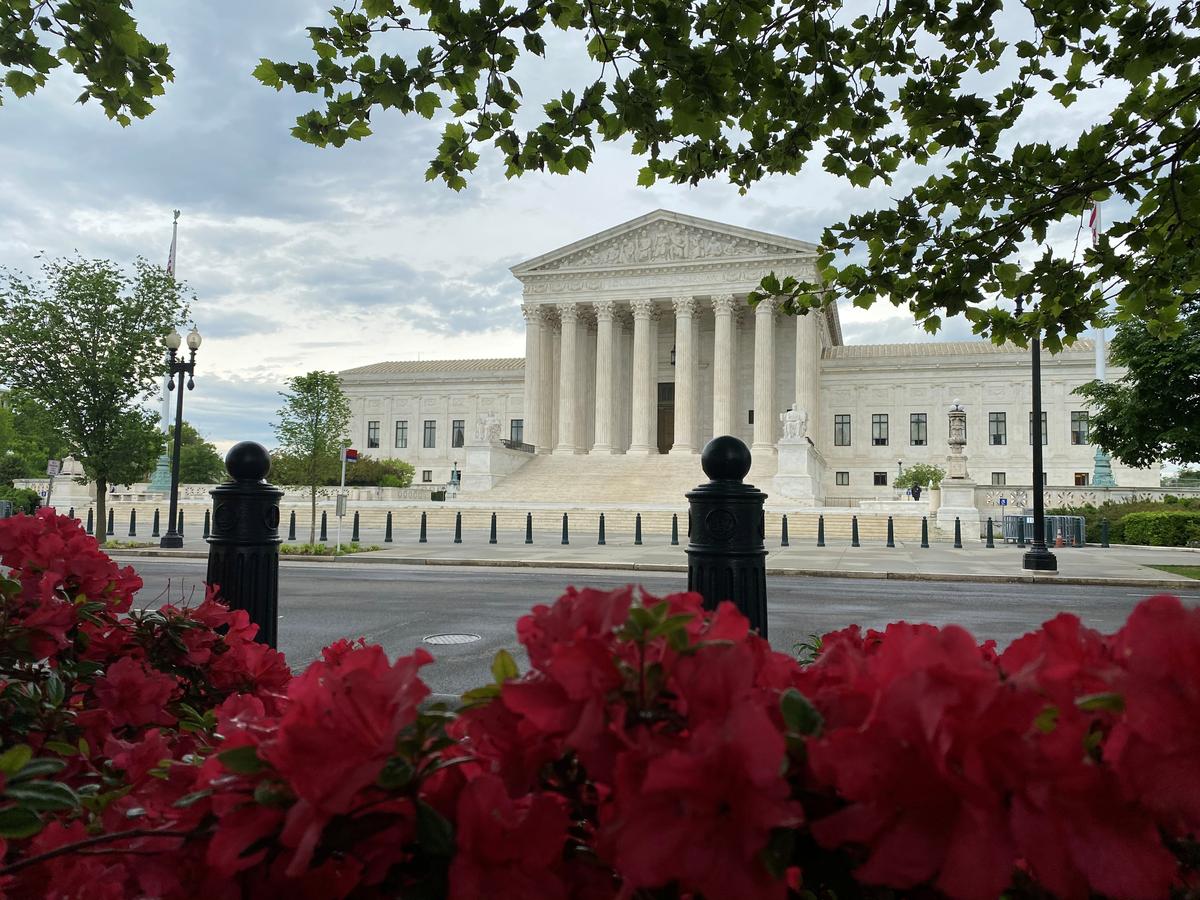(Reuters) – Bret Chiafalo had his bags packed in the weeks following the 2016 U.S. presidential election. If somehow his gambit worked and Donald Trump were blocked from officially being declared the winner, the information technology specialist from Washington state figured all hell might break loose.
FILE PHOTO: A general view of the United States Supreme Court in Washington, U.S., May 3, 2020. Picture taken May 3, 2020. REUTERS/Will Dunham
Chiafalo, 41, served in the role of presidential elector – an individual who plays a pivotal role in the complicated Electoral College process set out in the U.S. Constitution to determine the winner of presidential elections. Chiafalo was one of 538 electors who cast their votes in the aftermath of the November election, ultimately designating the Republican Trump as the winner over his Democratic rival Hillary Clinton.
In most states, electors – typically party loyalists – must pledge to vote for their party’s candidate if that person wins state’s popular vote. Chiafalo, desperate to thwart Trump, had other intentions and voted for someone else.
Trump still won in the Electoral College, with the results certified by Congress in January 2017, and was sworn in as president later that month.
Chiafalo is now at the heart of one of two closely watched cases being argued before the Supreme Court on Wednesday that will determine whether electors have the constitutional right to exercise independence and defy the will of the voters – a question touching upon the integrity of American democracy.
Chiafalo, a Democratic elector from the city of Everett north of Seattle, thought Trump posed a “clear and present danger” to the presidency. So he and others hatched a plan: Convince enough Republican electors from various states to cast their ballots for a moderate Repub

